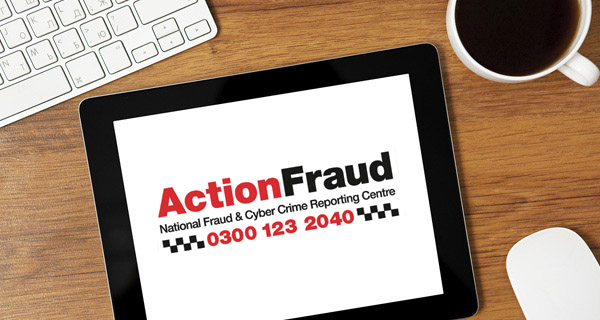My report has been disseminated, what does this mean?
If your account says your report has been disseminated to a police force, this means that your report has been passed on by the National Fraud Intelligence Bureau (NFIB) to police force for investigation. That police force will have to:
- Provide you with a named point of contact for your report.
- Agree with you how you want to be updated on your report.
- Provide you with an enhanced service if you are a vulnerable victim.
What service the police provide to you is set by the Victims Code of Practice. Under this code you have specific rights, which include;
- The right to be kept informed about the progress of your case by the police.
- The right to hear when a suspect is arrested, charged, bailed or sentenced.
- The right to apply for compensation.
- The right to make a Victim Personal Statement to explain the impact of the crime.
- The right to apply for extra help when giving evidence in court if you are vulnerable.
- The right to be told when an offender will be released.
- The right to information about taking part in restorative justice schemes.
- The right to be referred to victims’ support services.
If you feel that your rights under the Code have not been met, then you can complain directly to the police concerned.
Why can’t Action Fraud investigate my report?
Action Fraud does not have investigation powers, however, the reports taken by Action Fraud are sent to the NFIB.
The NFIB’s systems assess reports of fraud and cyber crime from across the UK, helping to build a national picture of where fraud and cyber crime is taking place and how. Experts review the data from these reports to decide whether there is enough information to send to a police force for investigation.
Why hasn’t my report been sent to a police force?
It is not always possible for every report to be investigated by a police, for example, if a suspect is located overseas or there isn’t enough information contained within your report. That doesn’t mean your report hasn’t been useful. Using reports the NFIB can:
- Continually review and data match your reports to identify criminals behind the scams.
- Disrupt telephone numbers, websites and bank accounts that the fraudsters use to scam people.
- Use the intelligence to help law enforcement agencies build up cases and catch criminals.
- Provide fraud prevention alerts that help to protect the public from future harm.
- Work with overseas jurisdictions such as Interpol and Europol to highlight fraud that helps catch criminals around the world.
- Help to demonstrate the harm caused by fraud and cybercrime. This evidence helps the Government understand the threat and allocate more resources to combat it.
Remember you can update your report at any time by logging in and adding additional information here, which will then be reassessed by the NFIB.
Retrieving money lost to fraud
Action Fraud is unfortunately not in a position to assist in the recovery of funds lost to fraud and in some cases this isn’t possible. Which? have complied some tips and situations where you might be able to get some money back.
Victim Support
If you’ve been affected by crime, Victim Support can give you the help you need to move forward. Their services are free, confidential and available to anyone in England and Wales, regardless of whether the crime has been reported or how long ago it happened. Call their support line on 08 08 16 89 111 or request support online.
If you live in Scotland please call 0345 603 9213 or visit their site for more information.
Find out more about the organisations that are working together to fight fraud and cybercrime.


